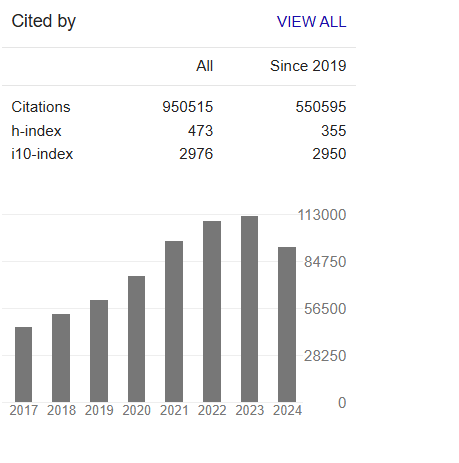Ecofriendly Bioremediation of Water: Repurposed Macroalgae Removes Eliminates and Neutralizes Heavy Metals
Abstract
Jessie Sage Dong, Maxx Yung
As pollutant contamination in water becomes more and more common, the adverse effects of water pollution is increasingly perceptible, as demonstrated by the destruction of various aquatic ecosystems and pollutant-caused illnesses in humans. Thus, it is pertinent to discover a cost-effective and efficient method that is able to reduce concentrations of water-based pollutants. Current systems in place to remove heavy metal contaminants from the water include chemical chelation, coagulation, and ion exchange, but each have their own pitfalls and are all relatively expensive. Previous research has demonstrated that specific species of seaweeds can absorb water-based pollutants; however, there are limited studies that have tested whether certain species of seaweeds can naturally metabolize and thus neutralize such pollutants after being absorbed. Therefore, this study aims to study the seaweed Sargassum and its ability to metabolize and neutralize iron, a common heavy metal water-based pollutant. Sargassum seaweed was cultured with and without iron, and at varying concentrations of iron, for two weeks to allow for Sargassum growth and thus absorption of the iron. A brine shrimp lethality bioassay was used to compare the cytotoxicity of the water treated with Sargassum against water untreated with Sargassum, thus indirectly measuring relative iron toxicity and concentration. Artemia cysts were put into 24 well plates, and the hatch rate and survival rate of Artemia was calculated in 12-hour increments up to the 48 hour mark. The brine shrimp lethality bioassay demonstrated that Artemia within Sargassum treated water have an increased hatch rate and survival rate compared to Artemia within water untreated with Sargassum. Artemia fed with Sargassum also demonstrated similar survival rates as Artemia within Sargassum treated water. This indicates that Sargassum can absorb iron contaminants from the water and naturally metabolize the iron into a non-toxic form. As Sargassum is readily cheap to obtain and grow, Sargassum serves as a promising cost-effective and efficient alternative to conventional methods of water-based pollutant absorption.



